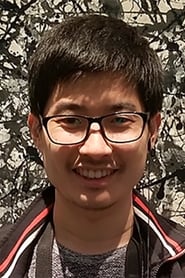
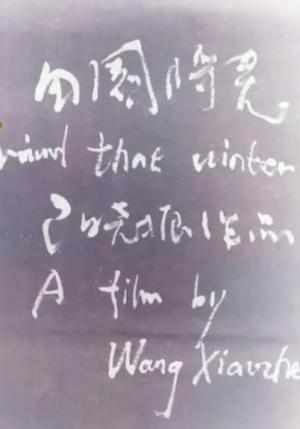
Around That Winter(2013)
Qing Zhou and Xiaozhen Wang came to Huojiacun to visit Wang’s parents at the end of winter. They met the foul-mouthed boy Yongshun, the confused girl Zige, the forgetful old lady Grandma, and also Xiaohu, who knew nothing but hanging out. All of them enjoyed their lives purely without any targets. Meanwhile, Wang and Zhou felt nothing interested while waiting for the parents, who never showed their faces.
Movie: Around That Winter
Top 4 Billed Cast

田园将芜
HomePage
Overview
Qing Zhou and Xiaozhen Wang came to Huojiacun to visit Wang’s parents at the end of winter. They met the foul-mouthed boy Yongshun, the confused girl Zige, the forgetful old lady Grandma, and also Xiaohu, who knew nothing but hanging out. All of them enjoyed their lives purely without any targets. Meanwhile, Wang and Zhou felt nothing interested while waiting for the parents, who never showed their faces.
Release Date
2013-10-01
Average
0
Rating:
0.0 startsTagline
Genres
Languages:
Similar Movies
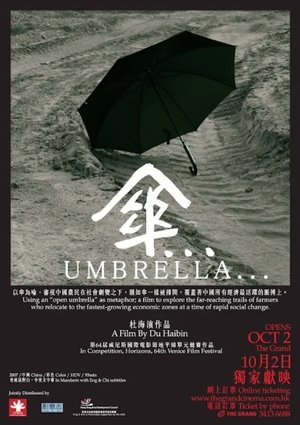 6.3
6.3Umbrella(zh)
Workers, peasants, soldiers, students and merchants were five groups of Chinese society in the 1950s, after the so-called elimination of the exploited class. Borrowing this concept, the umbrella is taken as the clue to rediscover changes in various social classes after the economic reform, and to analyze the social problems in China. Workers making umbrellas, merchants selling umbrellas, students looking for jobs in the rain. Umbrella is used as a metaphor that can be seen everywhere. As the raindrop, what we see is sometimes clear, sometimes untraceable.
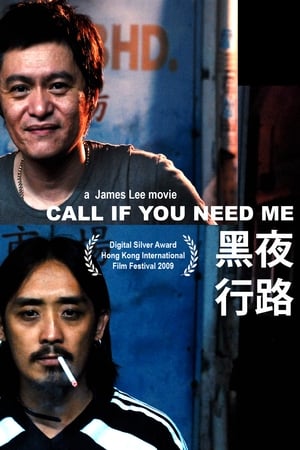 10.0
10.0Call If You Need Me(zh)
Gentle, easy-going Or Kia moves from the countryside to Kuala Lumpur to work for his cousin and best friend Ah Soon, a mid-level gangster and enforcer. While Or Kia works hard to put a sister through school, Ah Soon cares for an unstable girlfriend prone to mysterious disappearances. As they both sink deeper into a nocturnal world of debts, drugs, and betrayal, Or Kia's loyalties are strained when Ah Soon falls out of favor with the bosses and tries to escape the business.
 7.6
7.6Twenty Two(zh)
Follow the lives of the elderly survivors who were forced into sex slavery as “Comfort Women” by the Japanese during World War II. At the time of filming, only 22 of these women were still alive to tell their story. Through their own personal histories and perspectives, they tell a tale that should never be forgotten to generations unaware of the brutalization that occurred.
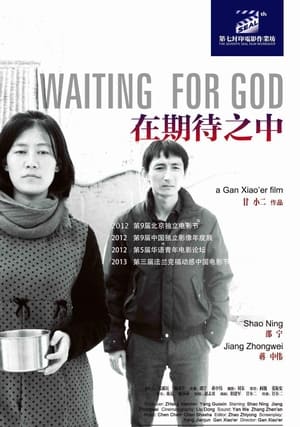 0.0
0.0Waiting for God(zh)
A day of Xiaoyang, the curator of a village church. Xiaoyang and her husband have just registered their marriage, but they cannot hold a wedding in the church for her husband is not a Christian. Before the wedding, she is waiting for her husband’s baptism.
 0.0
0.0China. The Arts – The People(de)
China marks the beginning of the extensive Asian theme in Ottinger’s filmography and is her first travelogue. Her observant eye is interested in anything from Sichuan opera and the Beijing Film Studio to the production of candy and sounds of bicycle bells.
 0.0
0.0First Vote(en)
A soon-to-be first-time voter, the filmmaker’s thought-provoking journey into the Rust Belt and South captures four Asian American voters’ ardent first time grassroots political participation ignited by the 2016 rise of “Chinese Americans for Trump.” FIRST VOTE is a character driven cinema verité style film chronicling the democratic participation of four Asian American voters from 2016 through the 2018 midterm elections.
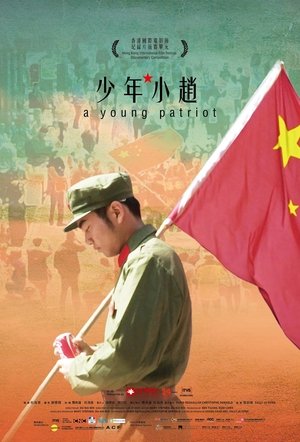 7.0
7.0A Young Patriot(zh)
A documentary chronicling the coming of age of a young chinese man.
 8.0
8.0Heidi in China(en)
In 1946, Heidi is entrusted to a Swiss family by her father. He will never come back for her. Today, François Yang questions his mother about her past. What follows is a journey to China, a quest to reconstruct memory. Through contact with her brothers and sister, Heidi measures the extent of the drama experienced by her family that remained in China, persecuted by the Communist Party.
 9.0
9.0Demolition(zh)
"If the old doesn't go, the new never comes" recites a teenager hanging out near a demolition site in the center of Chengdu, the Sichuan capital in western China. In Demolition, filmmaker J.P. Sniadecki deconstructs the transforming cityscape by befriending the migrant laborers on the site and documenting the honest, often unobserved, human interactions, yielding a wonderfully patient and revealing portrait of work and life in the shadow of progress and economic development.
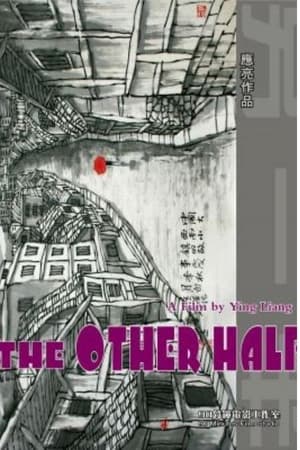 5.8
5.8The Other Half(zh)
Working as a secretary for a legal office, Xiaofen records clients detailing the sordid aspects of their lives: divorce cases, medical malpractice suits, financial corruption and old-fashioned personal revenge. Xiaofen starts to question her own relationship with her boyfriend (Deng Gang), fresh out of prison and looking to get into trouble again with his gambling habit. While Xiaofen deals with the overwhelming social malaise surrounding her, rumors spread of a disaster at the local chemical plant, threatening to poison the entire city.
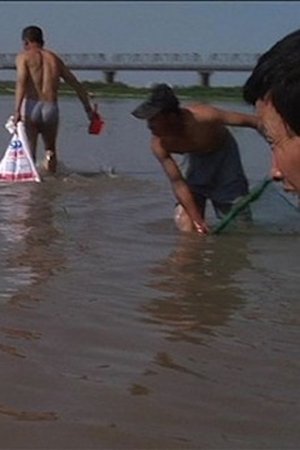 0.0
0.0Songhua(zh)
In northeastern China the Songhua River flows west from the border of Russia to the city of Harbin, where four million people depend on it as a source of water. Songhua is a portrait of the varying people that gather where the river meets the city, and an ethnographic study of the intimate ways in which they play and work.
 7.0
7.0The Yellow Bank(zh)
A short documentary that captures the longest total solar eclipse of the 21st century, The Yellow Bank takes you on a contemplative boat ride across the Huangpu River in Shanghai, China. Filmmaker J.P. Sniadecki, who lived and worked in Shanghai nine years earlier, uses the eclipse as a catalyst to explore the way weather, light, and sound affect the urban architectural environment during this extremely rare phenomenon.
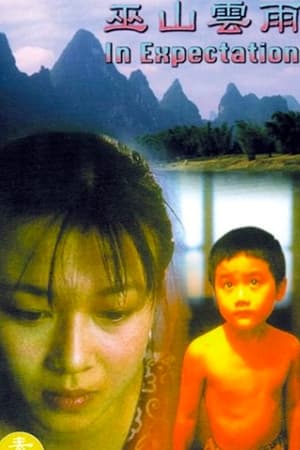 5.4
5.4Rainclouds Over Wushan(zh)
A policeman investigates an introverted signal-station manager suspected of raping a hotel clerk.
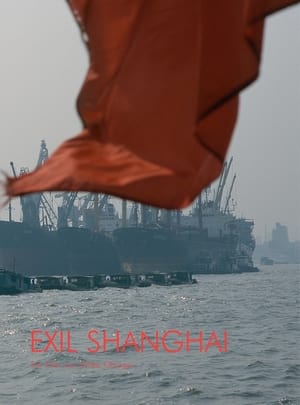 0.0
0.0Exile Shanghai(de)
Six life stories of German, Austrian and Russian Jews which intersect in exile in Shanghai. Out of narratives, photographs, documents and new images of the biggest and most contradictory metropolis of the Far East an entity develops in which the historic exile takes and turns on a completely current power and appeal.
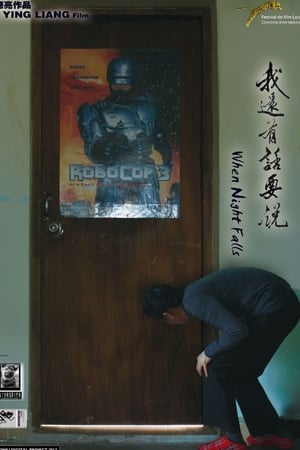 5.0
5.0When Night Falls(zh)
The mother of a murderer awaits and prepares to meet her son. The true story of a man who killed six Shanghai policemen after suffering police beatings as a punishment for riding an unlicensed bicycle. This film was produced as a part of the Jeonju Digital Project.
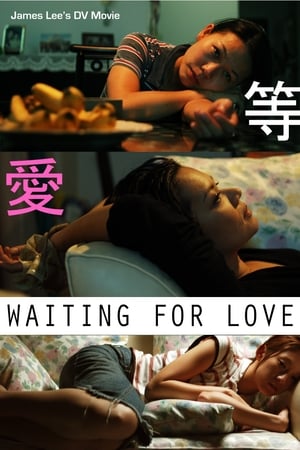 7.0
7.0Waiting for Love(zh)
Three scenes about three couples with each portraying maybe the turning point of their relationship. First scene, Lim & Amelia are a couple who had been together for almost five years. While he works as a salesman and trying to save up for marriage, the girl are not sure if he’s the one she wants to marry. One day he confronts her about a letter from her admirer. Second scene, Pete & Bernice are a couple who had been together almost ten years. They’re not married because he doesn’t believe in marriage. While she tags along, one day she might realizes this may not be the man she wants to end up with. Third scene, we see Amy & Lai are a pair of secret lovers. This maybe their last meeting or maybe not. They may had loved each other in the past they may not now in this scene. This is the third and final part of James Lee's Love Trilogy which takes offers a glimpse of the life of three lovers.
 5.8
5.8A Dog Barking at the Moon(zh)
Coming back to her broken family, pregnant writer Huang Xiaoyu and her French husband, Benjamin, finds herself trapped between her cult brainwashed mother, Li Jiumei, and her secretly homosexual father, Huang Tao.
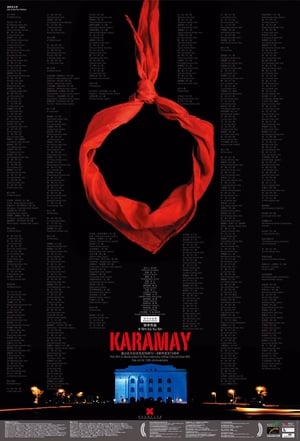 7.5
7.5Karamay(zh)
In 1994, the oil-rich city of Karamay in Northwest China was the site of a horrible fire that killed nearly 300 schoolchildren. The students were performing for state officials and were told to stand by while the officials exited first. After the fire, the story was heavily censored in the Chinese state media. To this day, the families of Karamay have not been allowed to publicly mourn their children.
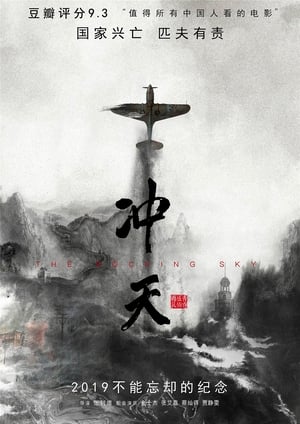 9.0
9.0The Rocking Sky(zh)
To commemorate the 70th anniversary of the victory of WWII, this documentary film describes the eight years of dauntless air-force fighting of the republic of China during the Anti-Japanese War, with only 300 combat-capable aircraft from China while Japan had over 2000.
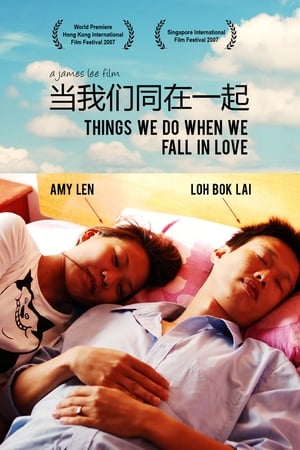 7.0
7.0Things We Do When We Fall in Love(zh)
The movie follows two unfortunate secret lovers who are constantly looking for a solution to their situation. Both of them are always arguing over their relationship. One day they went to a trip out of the city, into the outskirt. They hope they can solve their problems or at least escape them temporarily. They don’t have a solution, and they don’t understand why they are together. One thing that keeps them together is their love and care for each other. This is the second part of James Lee’s Love Trilogy which takes another look at unfaithfulness or rather faithlessness.
